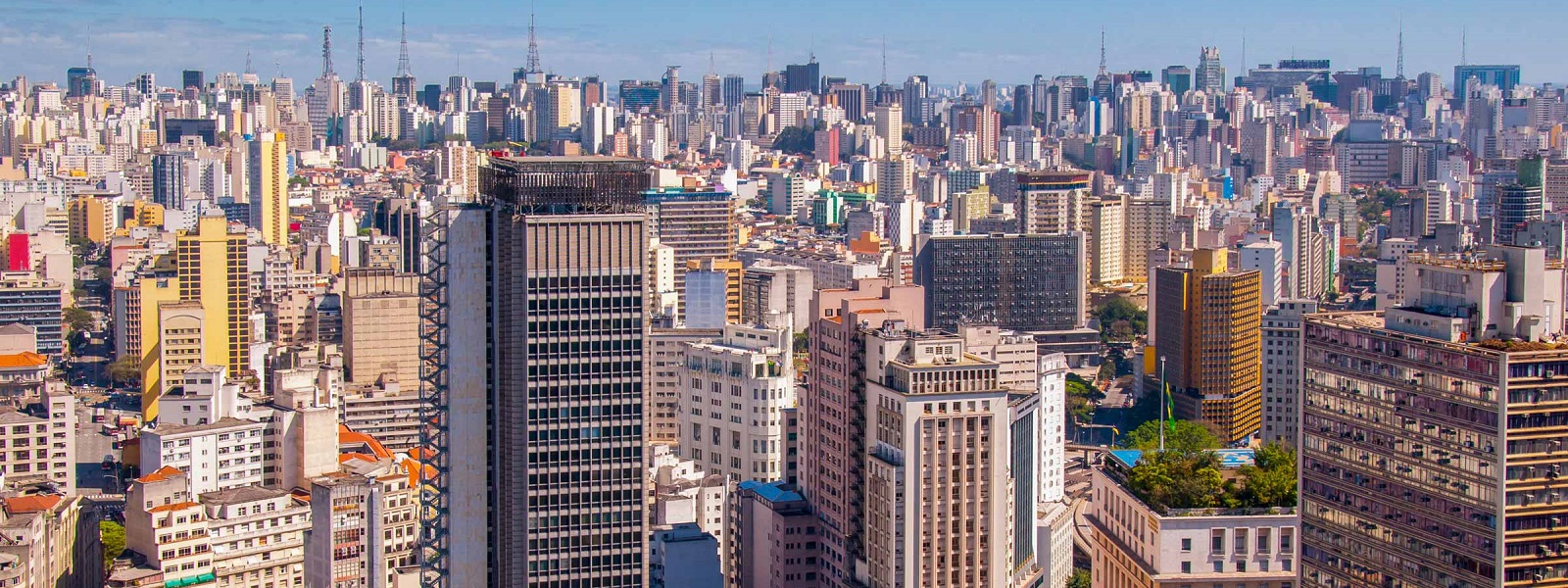Sukuk have driven Islamic finance activity in the Middle East, North Africa and Turkey (the MENAT region) in 2023, with issuance of the Sharia-compliant certificates ramping up throughout the year despite a challenging global backdrop.
According to Dealogic, sukuk issuance reached US$20.6 billion as of June 2, 2023, more than double the levels seen over the same period in 2022, when issuance came in at US$8.7 billion. Activity has rebounded after a challenging year, when issuers and borrowers were grappling with the impact of global interest rate volatility and macroeconomic uncertainty.
The uptick in sukuk activity reflects market anticipation that the interest rate hikes led by systemically important central banks, such as the Federal Reserve and the European Central Bank, may have peaked. There has also been pent-up demand building for sukuk deals after a quiet 2022, with investors ready to return to the market and deploy capital.
In addition to a recovery in appetite for mainstream sukuk, issuance has also been boosted by the emergence of green and ESG-linked sukuk deals, with Aldar Investment Properties, a real estate manager based in Abu Dhabi, successfully pricing its debut green sukuk in 2023. The market for private placement sukuk, which are sold directly to a specified group of investors rather than through a public issuance, has also come to life, with high profile names such as the Saudi Real Estate Refinance Company exploring private placement options, according to Dealogic.
Looking behind the numbers
Although the rebound in the MENAT sukuk space in 2023 has been encouraging, issuers and investors remain wary in a market that has not recovered fully after a challenging 2022.
Sukuk issuance has climbed year-on-year, but most activity has been driven by government-related entities (GREs) and financial institutions that are rolling over existing sukuk facilities and would have raised sukuk regardless of the current macroeconomic climate.
The key bellwether signaling that a normal market environment has returned is consistent issuance from corporate issuers.
Sukuk profit rates (Sharia law prohibits charging interest) may have come down from a peak of 8.8% in Q3 2022 to 5.6% in Q2 2023, according to Dealogic, but corporate issuers have been reticent to come to market. Profit rates remain elevated compared to the levels observed in 2021, when they never climbed above 4%. In addition, investors have been nervous about capitalizing companies that are not GREs, given their exposure to macroeconomic risk.
Like their counterparts in the US, Europe and Asia-Pacific, MENAT companies have felt the impact of the global financial market disruption and weaker investor sentiment. A full recovery of international sukuk issuance and the return of corporate issuers will require the global economic market to stabilize and profit rates to soften.
Saudi strength
Another reason for exercising caution despite strong positive sukuk numbers is the dominance of Saudi Arabian issuers, who accounted for 65% of sukuk issuance on international markets in H1 2023. This is significantly higher than Saudi Arabia’s 35% share of MENAT issuance during the same period in 2022 and 40% in H1 2021.
Saudi Arabia’s appeal to international sukuk investors stems from the thriving domestic sukuk issuance in Saudi riyal. The domestic Saudi sukuk market has developed into one of the largest and most successful in the world, rivaling the dominant domestic Malaysian market. This has given Saudi issuers the flexibility to raise significant sums of capital in local currency domestically and international dollar-denominated sukuk when required.
Without the outsized contribution of Saudi Arabia to overall figures, MENAT sukuk activity would not have seemed as robust in H1 2023.
Cautious optimism
Global headwinds are likely to continue to loom over sukuk markets. Although challenges remain, there are reasons for optimism that the green shoots of activity seen in H1 2023 can flourish in 2024.
Hopes in the US and Europe that interest rates are flattening out will boost sukuk markets and help to soften profit rates. The sukuk market is also highly liquid and supported by a strong, diverse investor base comprised of Islamic banks, financial institutions, specialist sukuk fixed-income funds based in the Middle East and in international markets and agnostic fixed-income investors in western markets seeking to build exposure to the region.
A pipeline of potential deals is building on the back of these fundamentals, with Dealogic reporting that companies such as Saudi dairy group Almarai, Energy Development Oman and the Abu Dhabi Islamic Bank considering sukuk issuance.
Sukuk is also increasingly moving onto the radar of issuers based outside of the Gulf, as companies faced with tightening conditions in loan and bond markets explore alternative options to secure capital. For example, US aircraft leasing company Air Lease Corporation successfully priced a debut US$600 million five-year international sukuk. Other issuers from jurisdictions without established Islamic finance markets may follow Air Lease’s example.
Sukuk markets remain cautious, but after proving more resilient than the US and European bond markets during the recent period of market turmoil, there is reason for optimism given that the uptick in Sukuk issuance seen in 2023 will sow the seeds for a full recovery in the quarters to come.





